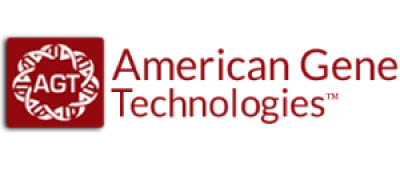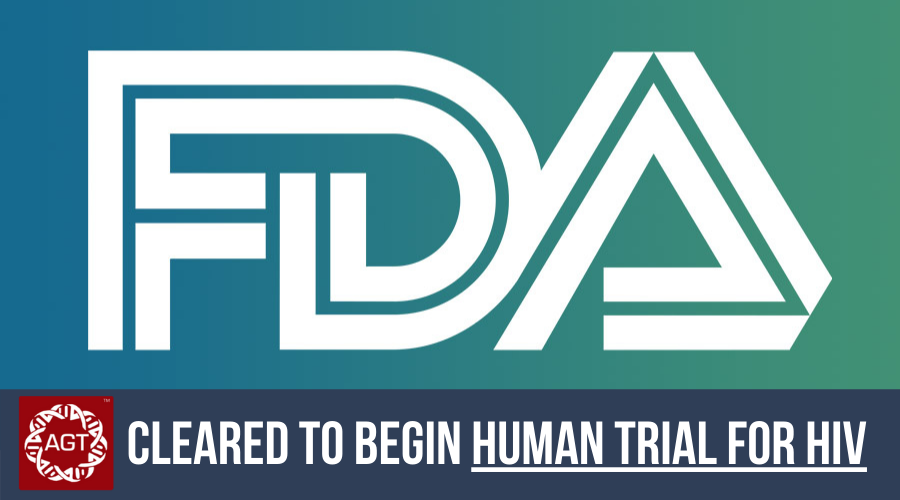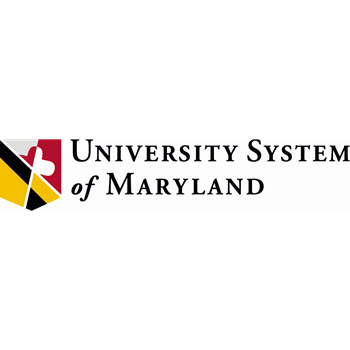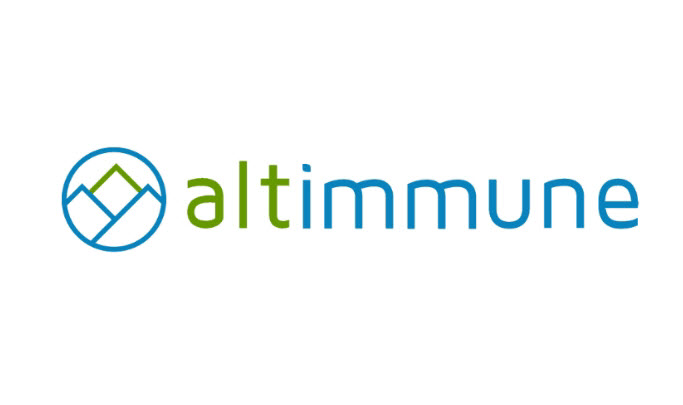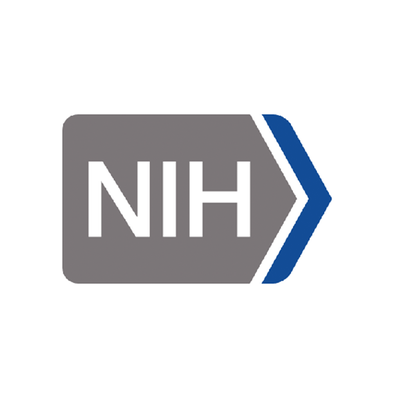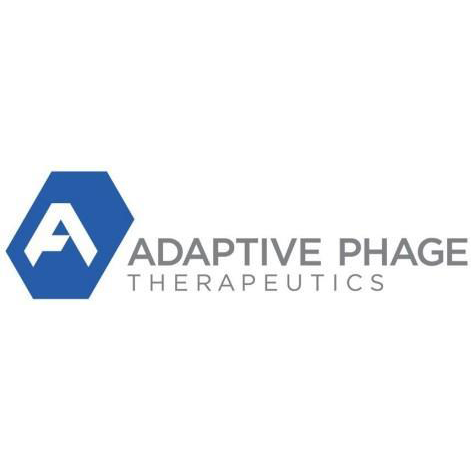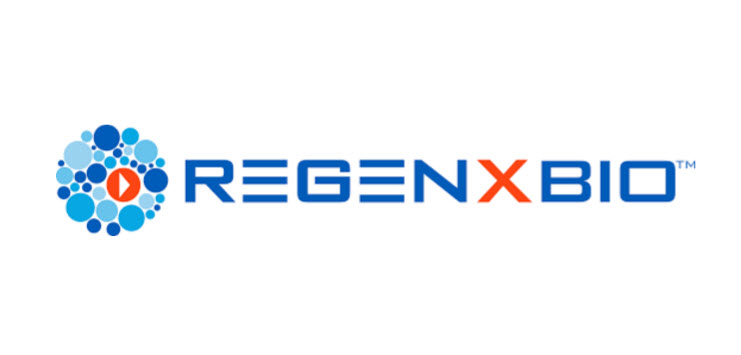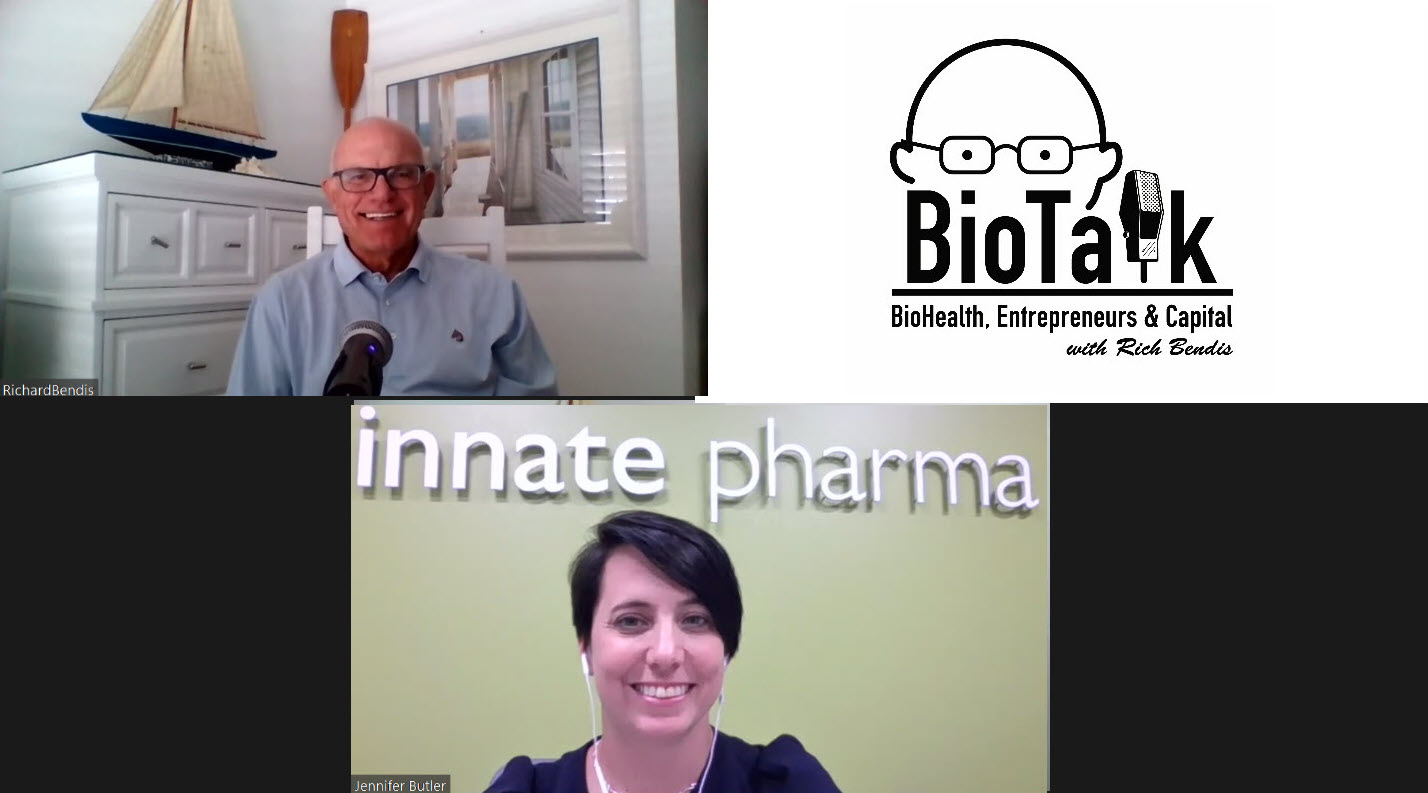ROCKVILLE, Md., Aug. 4, 2020 /PRNewswire/ —
- Company on track to initiate RGX-314 subretinal delivery pivotal program by the end of 2020
- RGX-314 was generally well-tolerated in 42 patients at all dose levels in Phase I/IIa trial
- Positive interim update from Cohorts 4 and 5 at one year informs pivotal program
- Durable treatment effect observed with stable to improved visual acuity and retinal thickness
- Demonstrated meaningful reductions in anti-VEGF treatment burden over one year
- 61% and 85% reduction of anti-VEGF injections in Cohorts 4 and 5, respectively
- 73% of patients (8/11) in Cohort 5 remain anti-VEGF injection-free
- Intraocular RGX-314 protein expression levels are dose-dependent at one year
- Phase II trial for RGX-314 for the treatment of wet AMD using suprachoroidal delivery (AAVIATE) is active
- Enrollment expected to begin in Q3 2020; interim data update from first cohort expected by end of 2020
- Company to host conference call and webcast on Tuesday, August 4 at 8:30a.m. ET, featuring wet AMD Key Opinion Leaders, Robert Avery, M.D., Dante Pieramici, M.D., and Peter Kaiser, M.D.
REGENXBIO Inc. (Nasdaq: RGNX), a leading clinical-stage biotechnology company seeking to improve lives through the curative potential of gene therapy based on its proprietary NAV® Technology Platform, today reported positive one year data from patients in Cohorts 4 and 5 of the Phase I/IIa trial of RGX-314 for the treatment of wet age-related macular degeneration (wet AMD). The Company plans to initiate a pivotal program for subretinal delivery of RGX-314 in patients with wet AMD by the end of 2020. In addition, REGENXBIO today announced that a Phase II trial of RGX-314 for the treatment of wet AMD delivered to the suprachoroidal space (AAVIATE) is active and expected to enroll patients in the third quarter of 2020.
“Today’s results provide further evidence of the clinical profile of RGX-314 as a promising one-time gene therapy treatment paradigm for patients with wet AMD,” said Steve Pakola, M.D., Chief Medical Officer of REGENXBIO. “The data demonstrated stable to improved visual acuity and retinal thickness, as well as a meaningful reduction in anti-VEGF injection burden, in these higher dose levels at one year. Results from the Phase I/IIa trial will inform the design of the pivotal program of RGX-314 in patients with wet AMD, which we look forward to initiating by the end of this year.”
Dr. Pakola continued: “I am also pleased to announce that our AAVIATE trial, a Phase II trial of RGX-314 for the treatment of wet AMD utilizing the SCS Microinjector, is active and we expect to dose the first patient this quarter. The targeted, in-office suprachoroidal delivery approach may provide additional options for patients in all settings of patient care. We anticipate providing an interim data update from the first cohort in late 2020.”
“Based on the overall results to date from the Phase I/IIa trial, I believe that RGX-314 has the potential to profoundly impact all aspects of clinical management for patients with wet AMD,” said Robert Avery, M.D., Founder of California Retina Consultants and Research Foundation and investigator surgeon in the Phase I/IIa RGX-314 trial. “Wet AMD affects a large number of adults, and often results in loss of vision over time due to non-compliance with the current standard of care of frequent anti-VEGF injections. I am encouraged that RGX-314 has the potential to become a one-time gene therapy treatment option for a broad range of patients.”
Study Design and Safety Update from Phase I/IIa Trial of RGX-314 for the Treatment of Wet AMD using Subretinal Delivery
In the Phase I/IIa trial of RGX-314, 42 patients with long-standing severe wet AMD requiring frequent anti-vascular endothelial growth factor (anti-VEGF) injections were treated across five dose cohorts, with doses ranging from 3×109 GC/eye to 2.5×1011 GC/eye. Patients were enrolled into all dose cohorts independent of their neutralizing antibody titers to AAV and did not receive prophylactic or supplemental immune suppressive corticosteroid therapy for RGX-314.
Patients in the study are being assessed each month for two years and will receive safety follow-up for five years after RGX-314 administration. Efficacy assessments for the study include number of anti-VEGF intravitreal injections, change in vision as measured by Best Corrected Visual Acuity (BCVA), change in central retinal thickness (CRT) as measured by spectral domain optical coherence tomography (SD-OCT), and RGX-314 protein expression levels as measured from aqueous samples by electrochemiluminescence immunoassay (ECL).
As of July 13, 2020, RGX-314 was generally well-tolerated across all cohorts. Eighteen serious adverse events (SAEs) were reported in 11 patients, including 17 that were not related to RGX-314. One possibly drug-related SAE of significant decrease in vision was reported in Cohort 5 at Month 11 in a patient who had retinal pigmentary changes that involved the macula. The most common nonserious adverse events in the eye were generally assessed as mild (77%). These included post-operative conjunctival hemorrhage (69% of patients), post-operative inflammation (36% of patients), eye irritation (17% of patients), eye pain (17% of patients), and post-operative visual acuity reduction (17% of patients). In 67% of patients across all cohorts, and in 83% of patients in Cohorts 3 through 5, retinal pigmentary changes were observed on imaging, the majority of which were in the peripheral inferior retina. Retinal hemorrhage was observed in 24% of patients and is an anticipated event in patients with severe wet AMD. There have been no reports of clinically determined immune responses, drug-related ocular inflammation, or post-surgical inflammation beyond what is expected following routine vitrectomy.
Summary of Data from Cohorts 4 and 5 of Phase I/IIa Trial of RGX-314 for the Treatment of Wet AMD using Subretinal Delivery
Today’s update includes data from Cohorts 4 and 5 as of July 13, 2020. Each cohort enrolled 12 patients each at doses of 1.6×1011 GC/eye and 2.5×1011 GC/eye, respectively.
Patients in Cohort 4 and Cohort 5 at one year after administration of RGX-314 demonstrated stable visual acuity with a mean BCVA change of +4 letters and -2 letters from baseline, respectively, as well as decreased retinal thickness, with a mean change in CRT of -61 µm and -79 µm, respectively.
There was a clinically significant and meaningful reduction in anti-VEGF treatment burden in both Cohorts 4 and 5 compared to the 12 months prior to RGX-314 administration. Patients in Cohort 4 received a mean of 4.1 injections over one year following administration of RGX-314, a 61% reduction in treatment burden. Patients in Cohort 5 received a mean of 1.4 injections over one year following administration of RGX-314, a reduction in treatment burden of 85%.
In Cohort 4, three out of twelve (25%) patients received no anti-VEGF injections over one year, and these patients demonstrated a mean BCVA improvement of +6 letters and a mean reduction in CRT of -62 µm at one year. In Cohort 5, eight out of the eleven (73%) patients observed through one year have received no anti-VEGF injections after administration of RGX-314 and these patients demonstrated a stable mean BCVA change of 0 letters and a mean reduction in CRT of -95 µm at one year.
Consistent with previous results, intraocular RGX-314 protein expression levels were observed in a dose-dependent manner across each cohort at one year after administration of RGX-314. The mean protein expression levels in Cohort 4 and Cohort 5 were 420.9 ng/ml and 457.5 ng/ml, respectively.
Study Design for Phase II Trial for RGX-314 for Treatment of Wet AMD using Suprachoroidal Delivery (AAVIATE)
REGENXBIO also announced that a Phase II trial, AAVIATE, to evaluate the suprachoroidal delivery of RGX-314 in patients with wet AMD, will begin dosing patients in the third quarter of 2020. AAVIATE is a multi-center, open-label, randomized, active-controlled, dose-escalation study that will evaluate the efficacy, safety and tolerability of suprachoroidal delivery of RGX-314 using the SCS Microinjector, a targeted, in-office route of administration.
AAVIATE will enroll 40 patients with severe wet AMD who are responsive to anti-VEGF treatment. Patients will be randomized to one-time RGX-314 SCS delivery versus monthly 0.5 mg ranibizumab intraocular injection at a 3:1 ratio and two dose levels of RGX-314 will be evaluated: 2.5×1011 GC/eye and 5×1011 GC/eye. Patients will not receive prophylactic immune suppressive corticosteroid therapy before or after administration of RGX-314.
The primary endpoint of the study is mean change in vision, as measured by BCVA, at 40 weeks from baseline compared to monthly ranibizumab. Other endpoints include mean change in CRT and number of anti-VEGF intravitreal injections.
The Company expects to report interim data from the first cohort of this trial by the end of 2020.
Conference Call
In connection with this announcement, REGENXBIO will host a webcast and conference call with accompanying slides today at 8:30 a.m. ET. This event will feature Robert Avery, M.D., Founder of California Retina Consultants and Research Foundation, Dante Pieramici, M.D., Director, California Retina Research Foundation and Partner, California Retina Consultants, and Peter Kaiser, M.D., Chaney Family Endowed Chair in Ophthalmology Research and Professor of Ophthalmology, Cleveland Clinic Lerner College of Medicine and Cole Eye Institute.
To access a live or recorded webcast of the call and accompanying slides, please visit the “Investors” section of the REGENXBIO website at www.regenxbio.com. To access the live call by phone, dial (888) 317-6003 (domestic) or (412) 317-6061 (international) and enter the passcode 6960652. The recorded webcast will be available for approximately 30 days following the call.
About RGX-314
RGX-314 is being developed as a potential one-time treatment for wet AMD, diabetic retinopathy, and other additional chronic retinal conditions treated with anti-VEGF. RGX-314 consists of the NAV AAV8 vector encoding an antibody fragment which is designed to inhibit VEGF, modifying the pathway for formation of new leaky blood vessels which lead to retinal fluid accumulation and vision loss.
About the Phase I/IIa Clinical Trial of RGX-314
RGX–314 is being evaluated in a Phase I/IIa, multi-center, open-label, multiple-cohort, dose–escalation study in adult patients with wet AMD in the United States. The study includes patients previously treated for wet AMD who are responsive to anti-VEGF therapy. The study is designed to evaluate five escalating doses of RGX-314, with six patients in the first three dose cohorts and 12 patients in the fourth and fifth dose cohorts. Patients were enrolled into all dose cohorts independent of their neutralizing antibody titers to AAV and did not receive prophylactic immune suppressive oral corticosteroid therapy before or after administration of RGX-314. The primary endpoint of the study is safety at 6 months following administration of RGX-314. Secondary endpoints include visual acuity, retinal thickness on SD–OCT, ocular RGX-314 protein expression, and the need for additional anti-VEGF therapy. Following completion of the primary study period, patients enter a follow-up period and will continue to be assessed until week 106 for long-term safety and durability of effect.
About Wet AMD
Wet AMD is characterized by loss of vision due to new, leaky blood vessel formation in the retina. Wet AMD is a significant cause of vision loss in the United States, Europe and Japan, with up to 2 million people living with wet AMD in these geographies alone. Current anti-VEGF therapies have significantly changed the landscape for treatment of wet AMD, becoming the standard of care due to their ability to prevent progression of vision loss in the majority of patients. These therapies, however, require life-long intraocular injections, typically repeated every four to 12 weeks in frequency, to maintain efficacy. Due to the burden of treatment, patients often experience a decline in vision with reduced frequency of treatment over time.
About REGENXBIO Inc.
REGENXBIO is a leading clinical-stage biotechnology company seeking to improve lives through the curative potential of gene therapy. REGENXBIO’s NAV Technology Platform, a proprietary adeno-associated virus (AAV) gene delivery platform, consists of exclusive rights to more than 100 novel AAV vectors, including AAV7, AAV8, AAV9 and AAVrh10. REGENXBIO and its third-party NAV Technology Platform Licensees are applying the NAV Technology Platform in the development of a broad pipeline of candidates in multiple therapeutic areas.
Forward-Looking Statements
This press release includes “forward-looking statements,” within the meaning of Section 27A of the Securities Act of 1933, as amended, and Section 21E of the Securities Exchange Act of 1934, as amended. These statements express a belief, expectation or intention and are generally accompanied by words that convey projected future events or outcomes such as “believe,” “may,” “will,” “estimate,” “continue,” “anticipate,” “design,” “intend,” “expect,” “could,” “plan,” “potential,” “predict,” “seek,” “should,” “would” or by variations of such words or by similar expressions. The forward-looking statements include statements relating to, among other things, REGENXBIO’s future operations and clinical trials. REGENXBIO has based these forward-looking statements on its current expectations and assumptions and analyses made by REGENXBIO in light of its experience and its perception of historical trends, current conditions and expected future developments, as well as other factors REGENXBIO believes are appropriate under the circumstances. However, whether actual results and developments will conform with REGENXBIO’s expectations and predictions is subject to a number of risks and uncertainties, including the timing of enrollment, commencement and completion and the success of clinical trials conducted by REGENXBIO, its licensees and its partners, the timing of commencement and completion and the success of preclinical studies conducted by REGENXBIO and its development partners, the timely development and launch of new products, the ability to obtain and maintain regulatory approval of product candidates, the ability to obtain and maintain intellectual property protection for product candidates and technology, trends and challenges in the business and markets in which REGENXBIO operates, the size and growth of potential markets for product candidates and the ability to serve those markets, the rate and degree of acceptance of product candidates, the impact of the COVID-19 pandemic or similar public health crises on REGENXBIO’s business, and other factors, many of which are beyond the control of REGENXBIO. Refer to the “Risk Factors” and “Management’s Discussion and Analysis of Financial Condition and Results of Operations” sections of REGENXBIO’s Annual Report on Form 10-K for the year ended December 31, 2019, and comparable “risk factors” sections of REGENXBIO’s Quarterly Reports on Form 10-Q and other filings, which have been filed with the U.S. Securities and Exchange Commission (SEC) and are available on the SEC’s website at www.sec.gov. All of the forward-looking statements made in this press release are expressly qualified by the cautionary statements contained or referred to herein. The actual results or developments anticipated may not be realized or, even if substantially realized, they may not have the expected consequences to or effects on REGENXBIO or its businesses or operations. Such statements are not guarantees of future performance and actual results or developments may differ materially from those projected in the forward-looking statements. Readers are cautioned not to rely too heavily on the forward-looking statements contained in this press release. These forward-looking statements speak only as of the date of this press release. REGENXBIO does not undertake any obligation, and specifically declines any obligation, to update or revise any forward-looking statements, whether as a result of new information, future events or otherwise.
Contacts:
Tricia Truehart
Investor Relations and Corporate Communications
347-926-7709
Investors:
Eleanor Barisser, 212-600-1902
eleanor@argotpartners.com
Media:
David Rosen, 212-600-1902
david.rosen@argotpartners.com
